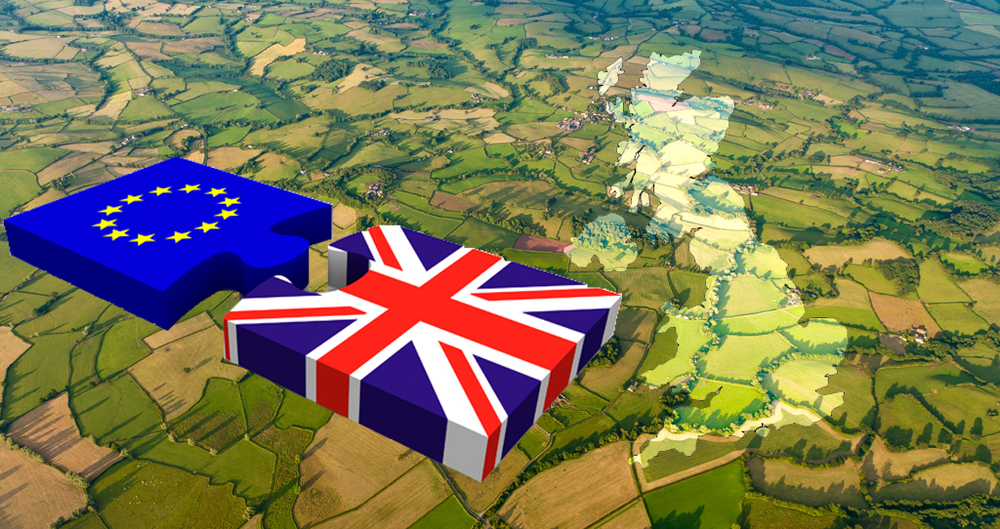On the face of it, very little has changed. Following its meeting earlier this month, the European Council released a statement which pointed out the lack of sufficient progress. The now familiar sticking points of level playing field, governance and fisheries remain, and the Internal Market Bill continues to cause tension.
There were, however, a few significant shifts within the statement. While the EU is not walking away from the table, there was no commitment to ‘intensive’ negotiations moving forward, as noted by UK chief negotiator Lord Frost. Greater emphasis was also placed on the need for UK movement in order to secure a deal, and member states have been encouraged to prepare for all outcomes, including a possible no-deal. This was echoed by the European council president Charles Michel who tweeted that “We all want to reach an agreement, but not at any price.”
Prime Minister Boris Johnson raised similar sentiments in his statement on 16 October, telling businesses to prepare for a no-deal exit, blaming the EU for refusing to “negotiate seriously” or agree to the UK’s preferred option of a Canada style deal. He stopped short, however, of ending negotiations, encouraging the EU to come to the UK to reach a solution, and agreeing to continue talks on practicalities. Even the statements from No. 10 later on Friday evening and Chancellor of the Duchy of Lancaster Michael Gove MP’s comments over the weekend do not completely pull the plug on talks, rather opting to put pressure on the EU to be the one to return to the table (and therefore setting up for blame to be placed on the EU if talks do collapse).
So where do we go from here?
While EU chief negotiator Michel Barnier’s planned trip to London on 19 October has been pushed back, talks will continue as he speaks to Lord Frost via phone call instead. Negotiations, and negotiations about the negotiations, are therefore likely to continue over the next couple of weeks, with anticipated greater intensity. These next few weeks will be crucial, with the EU setting a deadline of the start of November due to the time needed to ratify any deal in time. We are certainly heading towards crunch time, and with politics at play neither side wants to be the one to walk away. Nevertheless, the UK is wary of taking a deal at any cost, particularly on our future sovereignty.
Meanwhile businesses continue to try and prepare for an unknown future with limited information and time running out. Businesses need clarity on the very real impacts of no-deal, and outstanding issues around necessary authorisations need to be prioritised moving forward. The NFU is working hard to make sure this message gets through to government, and, alongside 70 other business leaders, NFU director general Terry Jones has co-signed the CBI’s statement calling for a deal.
Thought must also be given to what businesses will need to cope with possible disruption, from sufficient financial support, to fit for purpose and timely information and available resources. As the impacts of COVID-19 continue to be felt across our farming sectors and wider society, it has never been more important to secure a tariff-free, quota-free deal with our largest trading partner, and this must be the ultimate priority for government in the coming days.
More from NFUonline:
- NFU co-signs joint CBI letter seeking UK/EU deal in support of British businesses
- 'UK and EU need to prioritise reaching a tariff-free, quota-free trade deal'
- Visit our UK-EU Exit negotiations hub
- NFU President meets PM Boris Johnson to stress need for action on food and farming standards
- NFU Live: Events from the NFU this autumn
- Watch now: Your weekly video update from the President

